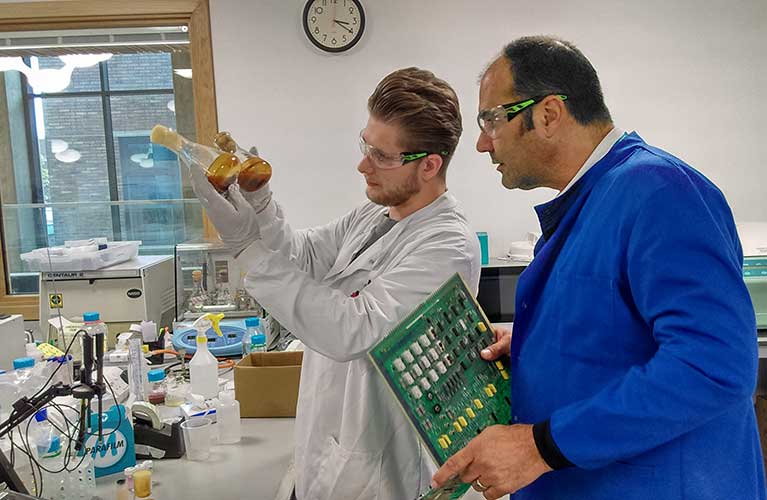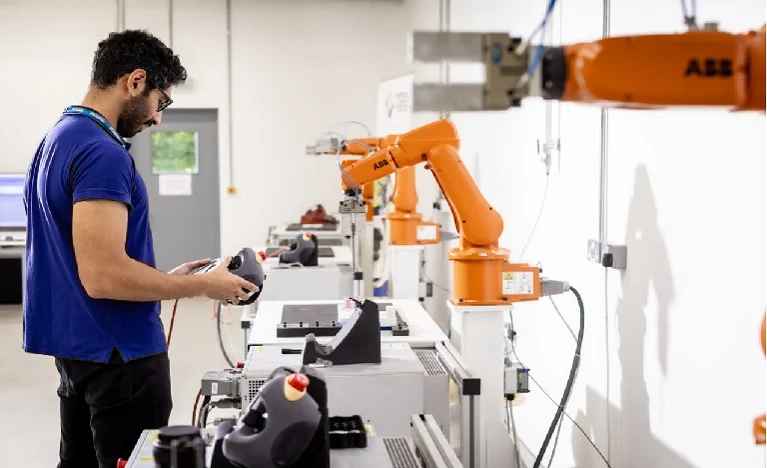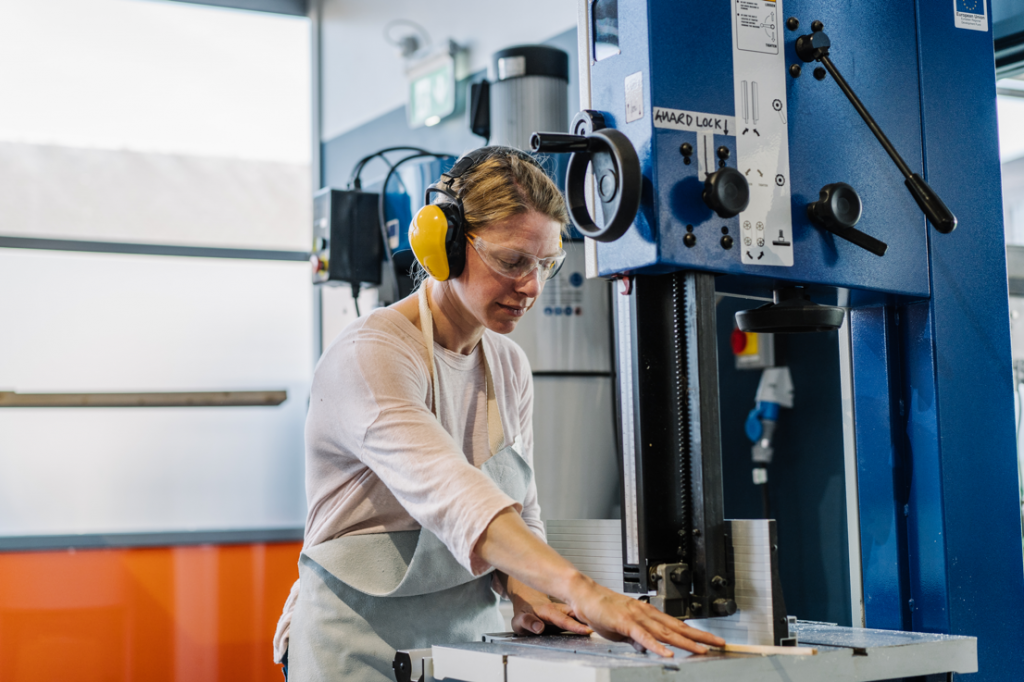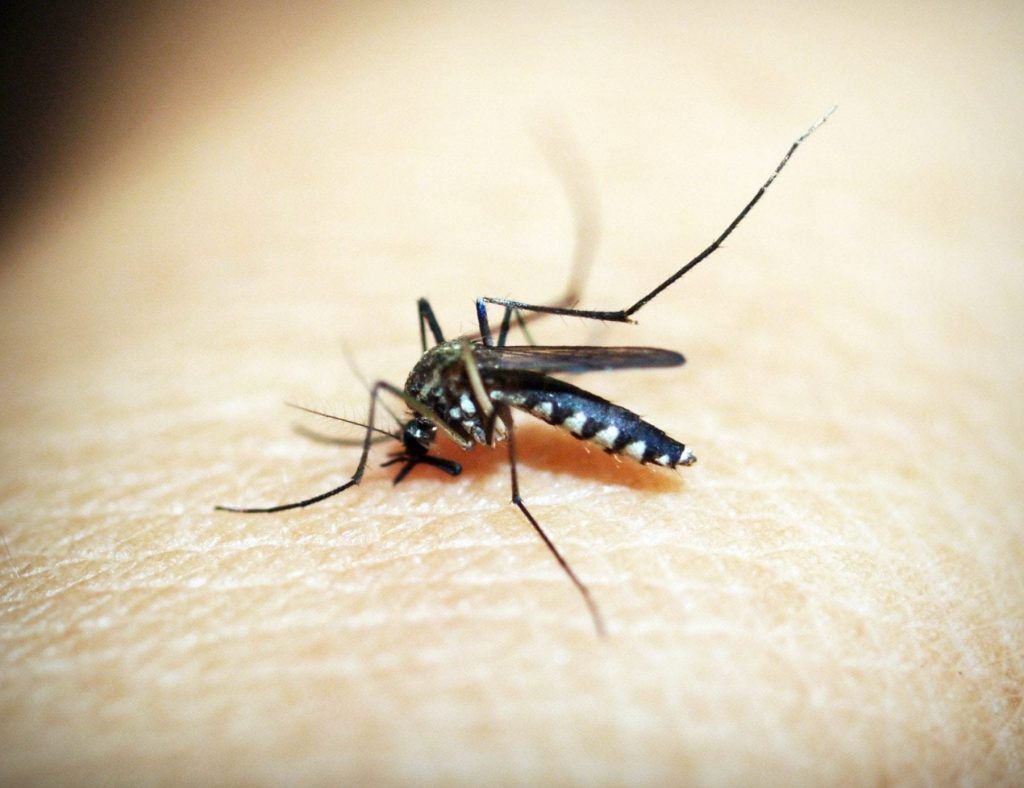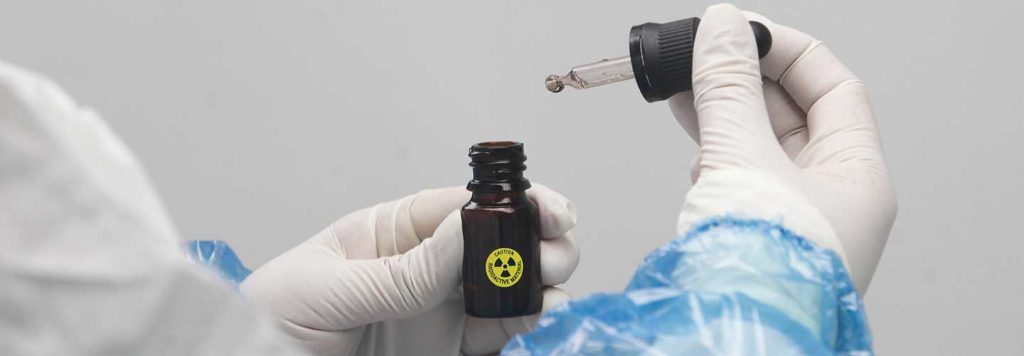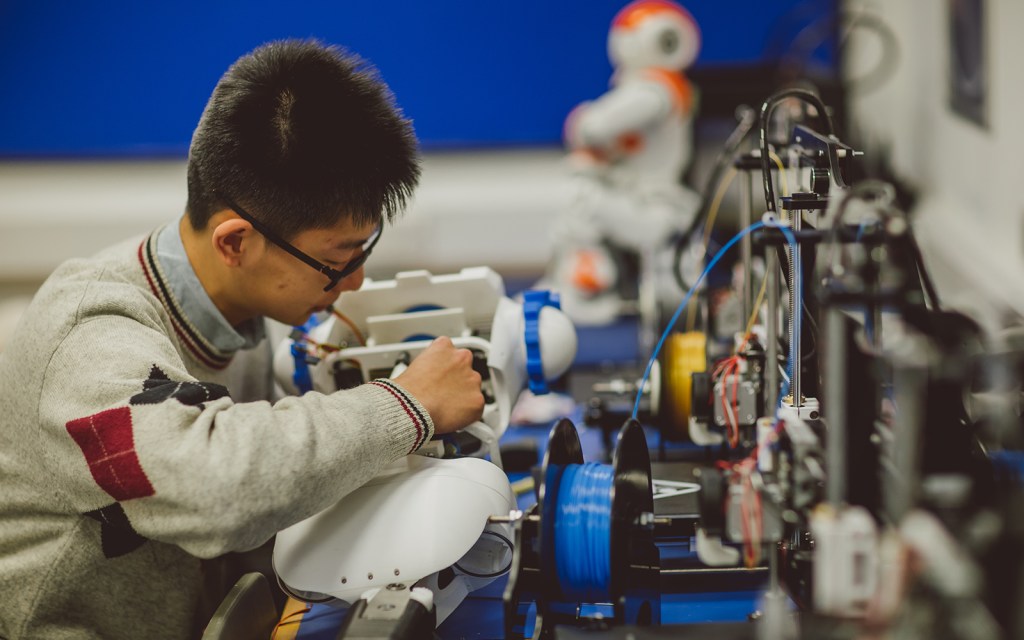Tackling global e-waste with Network 2 Supply and Coventry University
Coventry University have partnered with Network 2 Supply (N2S), a leader in IT lifecycle services, to develop Bioleaching, a technique that uses bacteria to safely extract and recycle precious metals from electronic waste (e-waste). With over 50 million tonnes of e-waste generated globally each year and existing recycling methods cause a loss of precious metal […]

